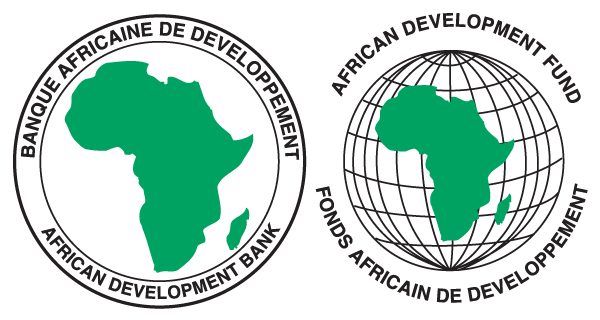
DEEP structural reforms such as transparency in the mining sector and respect for property rights could improve Zimbabwe’s business climate, attract private investment and see the return of skilled labour, the African Development Bank Group (AfDB) has said.
BY MTHANDAZO NYONI
In its latest report titled: Building a new Zimbabwe targeted policies for growth and job creation, AfDB said the southern African nation should reform to attract private investment.
“Identifying opportunities for sustainable and inclusive growth, Zimbabwe has investment opportunities requiring minimal additional investment to realie medium-term growth targets,” the report reads in part.
“Deep structural reforms can improve Zimbabwe’s business climate and attract private investment and the return of the skilled labour force. In particular, measures are needed to increase transparency in the mining sector, strengthen property rights, reduce fears of expropriation, and control widespread corruption,” the bank said.
Zimbabwe is struggling to make ends meet as it fails to attract significant foreign direct investment due to its resistance to reforms including respect for property rights, corruption and cloudy monetary policies, among other failures.
The report notes that the most likely possibility for longer-term change was the regeneration of civil society and a renewed engagement with political powers in a positive social contract, which plays a role both in tackling economic problems and bringing positive and peaceful political reform.
With the generous endowment of natural resources, existing stock of public infrastructure, and comparatively skilled labour force, AfDB said Zimbabwe had a good opportunity to join existing supply chains in Africa through the African Continental Free Trade Area.
- Chamisa under fire over US$120K donation
- Mavhunga puts DeMbare into Chibuku quarterfinals
- Pension funds bet on Cabora Bassa oilfields
- Councils defy govt fire tender directive
Keep Reading
“To take advantage of such opportunities, the government should adopt a three-pronged strategy in the near term with agriculture as the foundation, eco-tourism as the green job generator, and special economic zones as the growth pillar,” report reads.
AfDB said the agricultural sector could be a foundation for inclusive growth, export diversification, and structural upgrading.
“The focus should be on diversifying agricultural export earnings and developing supply chain trade (processing and market access to high-value products). Eco-friendly tourism and associated light manufacturing such as handbags and handicrafts are an engine for job creation and export growth and diversification.”
“With Zimbabwe’s enormous natural resources endowment for tourism, targeting tourism represents possibly the quickest way to deliver growth and job creation,” it said.
AfDB said developing special economic zones as an engine and pillar for growth and diversification could improve competitiveness in first and later-stage processing of natural resources as well as manufacturing capacity.
“Given the right investment climate and investor interest, several sectors could be developed, including assembly lines of farm machinery, non-motor vehicles, home appliances, and technology-intensive services (such as supply value chains and logistics),” reads the report.
“Special economic zones also provide the potential for scaling up to achieve economies of scale and generate links with the domestic economy”.











